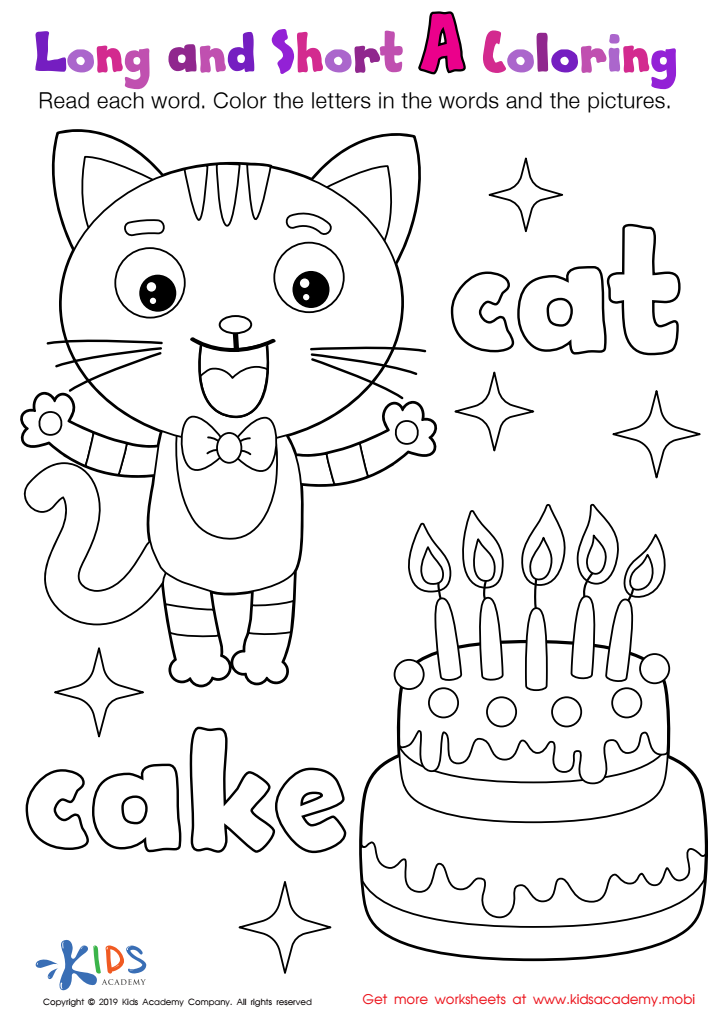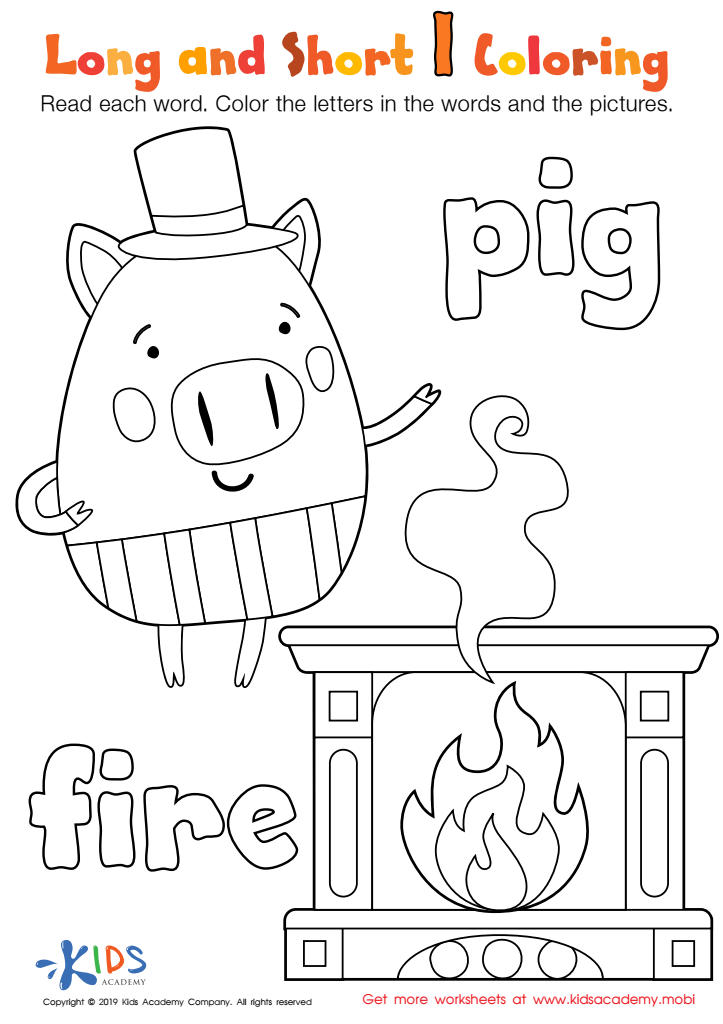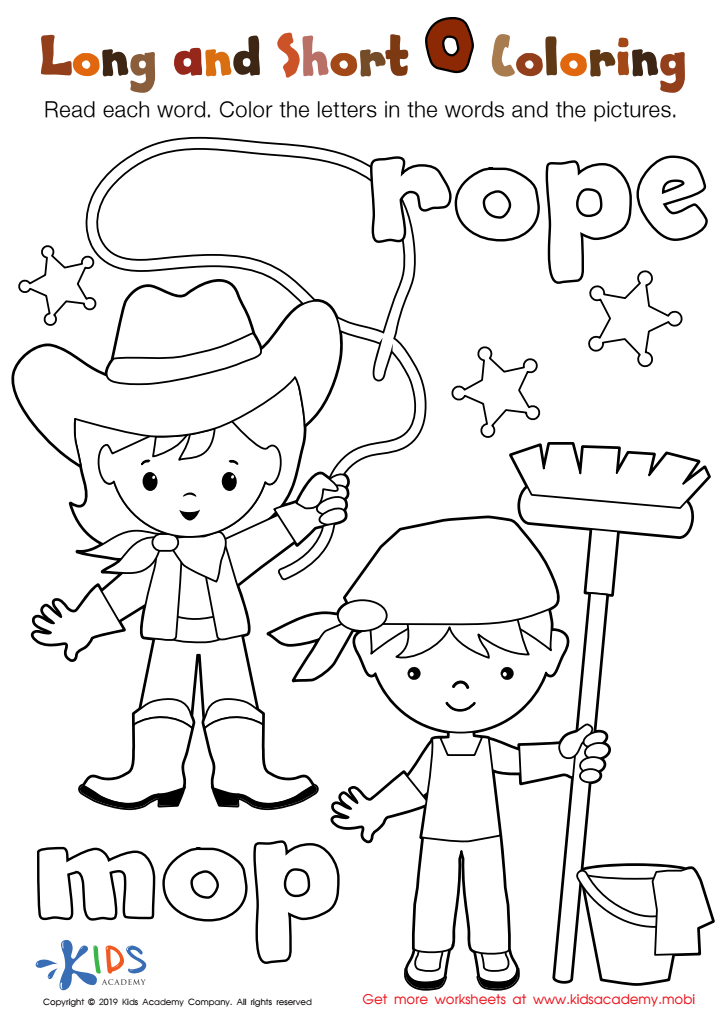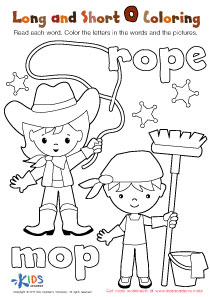Normal Difficulty Preschool Short Vowel Worksheets
5 filtered results
Difficulty Level
Grade
Age
-
From - To
Subject
Activity
Standards
Favorites
With answer key
Interactive


Long and Short A Worksheet
Time to teach your class about long and short vowels? Download this free worksheet with coloring-in activities. Get them to read words like "cat" and "cake" so they can hear the difference. Then let the kids color in the words and the pictures. Phonics lessons will be enjoyable and easy with this creative printout! (80 words)
Long and Short A Worksheet
Worksheet


Long and Short U Worksheet
Revised: Spice up your lesson on long and short vowels with this fun printout! Kids read the words "tube" and "tub," then reinforce the sound by coloring in the words and pictures. It's a great way to make phonics class enjoyable!
Long and Short U Worksheet
Worksheet


Long and Short I Worksheet
Print the worksheet and have the students read "pig" and "fire". Check for understanding the difference between long and short vowels. Color in words and pictures to make learning phonics fun! This exercise is perfect for introducing the topic to your students.
Long and Short I Worksheet
Worksheet


Long and Short O Worksheet
Help your students recognize the difference between long and short «Os» with this fun printout. Let them read and color-in "rope" and "mop" simultaneously. Listen to the different sounds, then color the words and pictures. Great for classes, it'll make your phonics lesson memorable and enjoyable.
Long and Short O Worksheet
Worksheet


Long and Short E Worksheet
This fun printout makes learning phonics enjoyable for Grade 3 students. Get them to read the words “tree” and “bed” to recognize the different sounds of the letter “E”. After hearing the words they can color the words and the pictures to understand differences between long and short vowels.
Long and Short E Worksheet
Worksheet

 Assign to the classroom
Assign to the classroom







